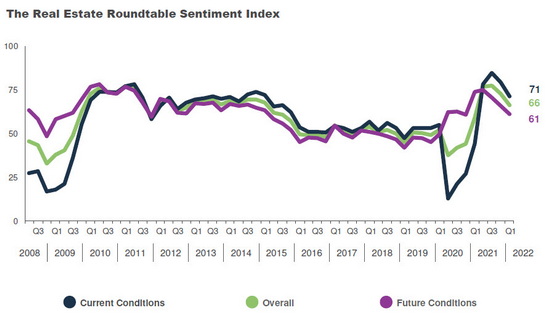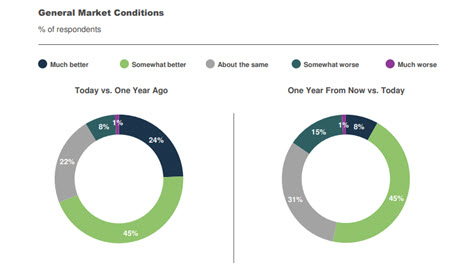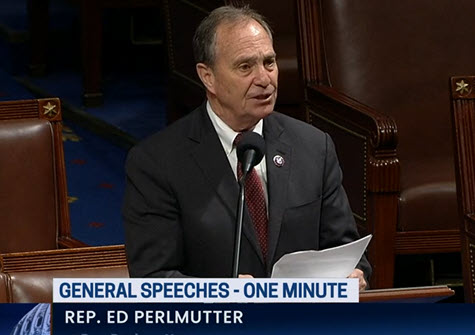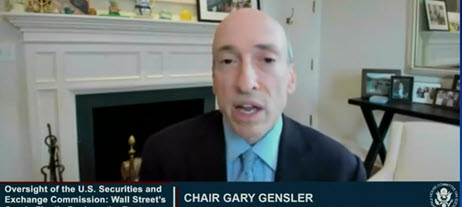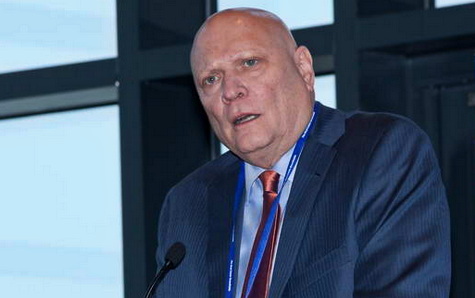Ten national real estate industry organizations, including The Roundtable, on Feb. 21 submitted detailed comments to the Treasury Department’s Financial Crimes Enforcement Network (FinCEN) on proposed anti-money laundering regulations affecting real estate transactions.
Industry Concerns
- The industry letter supports the broad goal of preventing the use of LLCs or any form of real estate to finance illicit acts, money laundering, or terrorism – yet emphasizes that FinCEN should proceed cautiously to not harm legitimate real estate capital flows in the process.
- The coalition also states that anti-money laundering rules and requirements should focus on risk while not burdening legitimate actors with unnecessary or duplicative compliance, which will only increase costs without meaningfully combating money laundering.
- The coalition letter emphasizes three main recommendations for FinCEN:
I.) Study the commercial and multifamily real estate markets to tailor future regulation to how those markets function;
II.) Leverage the Corporate Transparency Act (CTA) and the beneficial ownership database to reduce the necessary scope of further action; and
III.) Distinguish nonbank commercial real estate lenders from true all-cash transactions.
- The Feb. 21 letter notes that the real estate industry supports efforts to provide the law enforcement community with the tools necessary to stop money laundering, terrorism financing, or other crimes. However, the coalition urges that any compliance regime should be structured in a manner that does not discourage CRE capital formation and investment.
FinCEN Comments

- Earlier this month, a coalition of five real estate organizations, including The Roundtable, submitted concerns to FinCEN on a proposed federal registry with beneficial ownership information that would include rules on who must file, when, and what specific information must be provided. (Coalition letter to FINCEN, Feb. 4)
- The letter stated the industry supports efforts to eliminate terrorism financing and money laundering and appreciate efforts to protect the U.S. financial system from illicit actors and business entities. However, the coalition also raised concerns about the cost and compliance burden of imposing excessive, unnecessary and/or confusing beneficial ownership reporting requirements on real estate businesses.
- The Roundtable and three other national real estate organizations also submitted detailed comments to FinCEN on May 5, 2021 addressing several implementation concerns related to the proposed registry. (Roundtable Weekly, May 7)
- FinCEN has solicited comments on a wide range of questions related to its implementation of the CTA – enacted on January 1, 2021 – that effectively bans the registration of anonymously owned shell companies in the United States. (JD Supra, April 26 and Lexology, April 28)
The Roundtable’s Real Estate Capital Policy Advisory Committee (RECPAC) will continue to work with industry partners to respond to FinCEN’s proposals. The industry will also continue to support a balanced approach that inhibits illicit money laundering activity while not restricting capital formation or increasing the regulatory burden on real estate.
# # #







